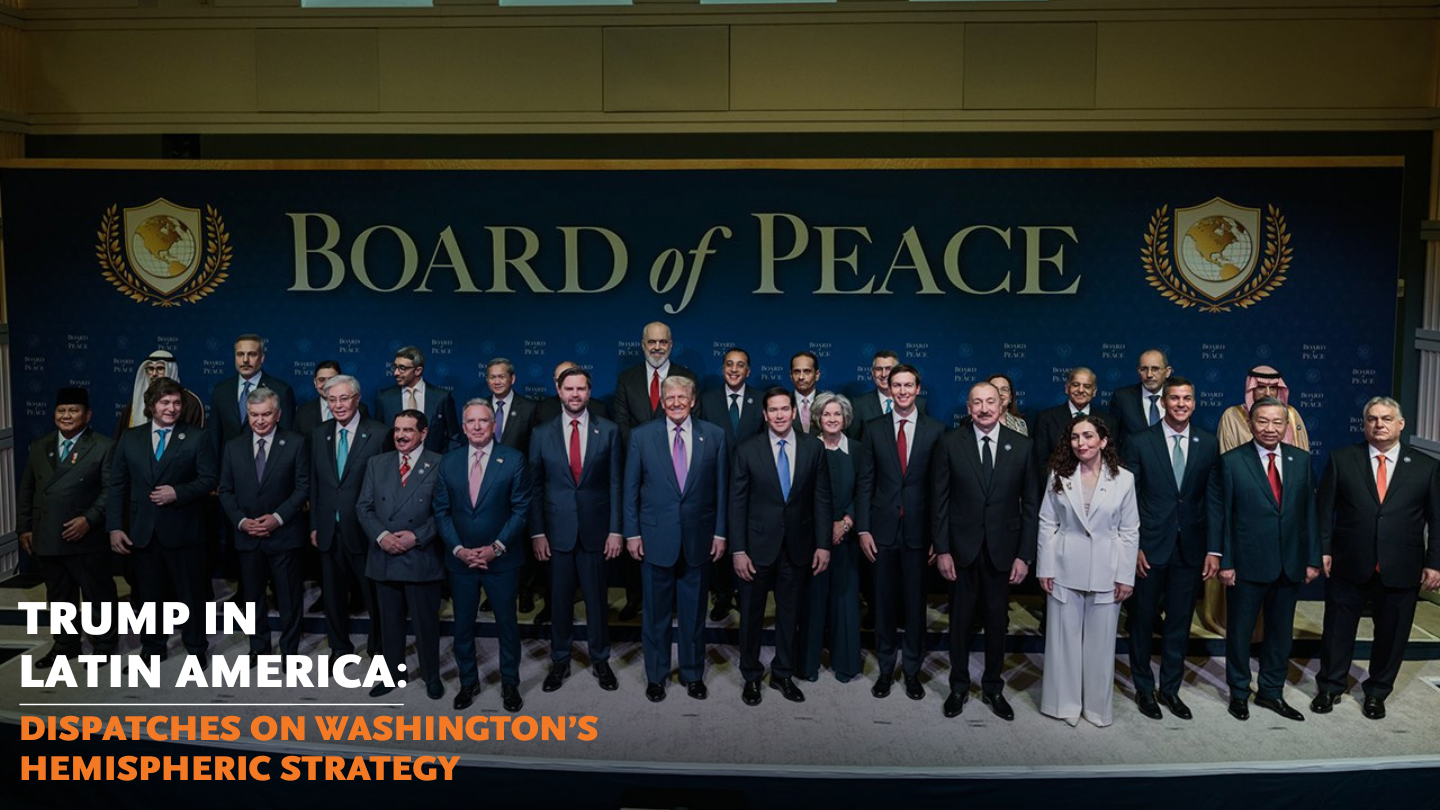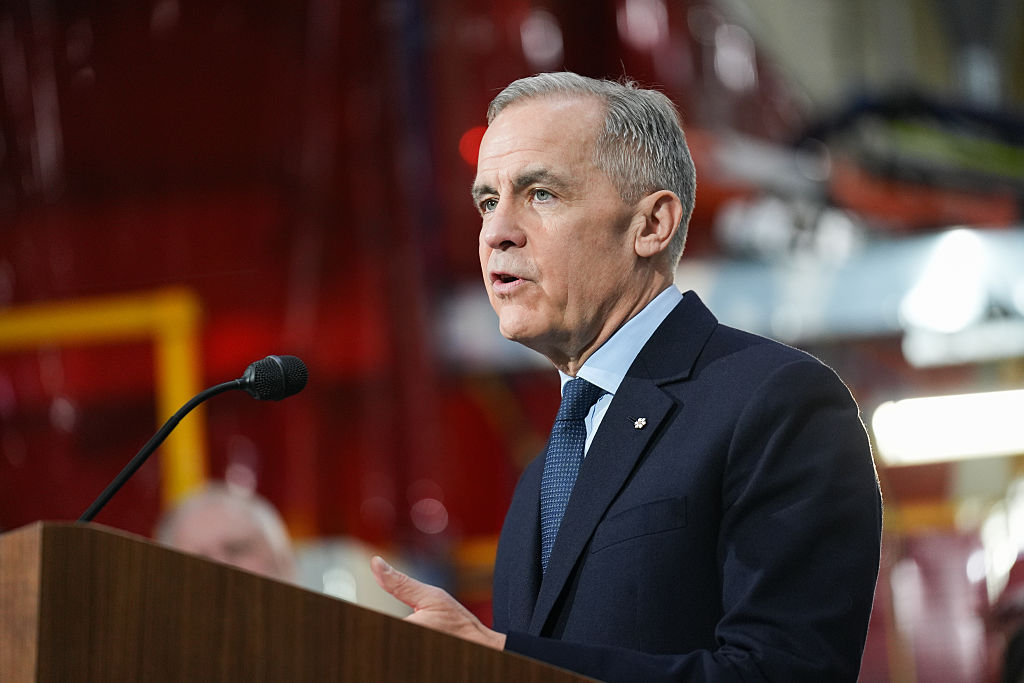Congressional Update: How the Election Results Impact U.S.-Latin America Policy
Congressional Update: How the Election Results Impact U.S.-Latin America Policy
The Republicans retained the House and the Democrats kept the Senate, but the results of several individual races will impact the “who’s who” of voices on Latin America in the U.S. Congress.
By leaving the political landscape in Washington largely unaltered, the 2012 U.S. election will not imply significant changes for U.S. policy towards Latin America. Yet even as the Republicans retain the House of Representatives and the Democrats keep a narrow majority in the Senate, the results of several individual races will impact the “who’s who” of voices on Latin America in the U.S. Congress.
In the Senate, the key player to emerge strengthened is Senator Robert Menendez (D-NJ), who handily won reelection for a second term. As chairman of the Western Hemisphere Subcommittee of the Foreign Relations Committee and a vocal supporter of the U.S. embargo on Cuba, Menendez will remain in a powerful position to block any movement to lift sanctions or travel restrictions on the island. Menendez has also championed foreign assistance to the region as well as a focus on democratic institutions and media freedom. If U.S. President Barack Obama appoints Senator John Kerry (D-MA) to be secretary of State, Menendez could become chairman of the full Committee, thus raising the prominence of Latin America in congressional oversight of the administration’s foreign policy.
Notable newcomers will include Representative Jeff Flake (R-AR), senator-elect in Arizona and a longtime supporter of normalizing relations with Cuba, and Ted Cruz (R-TX), the first Hispanic to win a Senate seat in Texas. Although his background is Cuban-American, Cruz is expected to become a conservative voice on immigration and security at the U.S.-Mexico border. Tim Kaine (D-VA), senator-elect in Virginia, has a demonstrated interest in the region, given his experience as a missionary in Honduras.
Another hardliner on Cuba policy, Senator Bill Nelson (D-FL) easily won reelection over Representative Connie Mack (R-FL), the current Chairman of the House Foreign Affairs Western Hemisphere Subcommittee. Mack’s defeat removes a forceful critic of the Obama administration’s hemispheric policy, particularly on Venezuela, Honduras, and trade issues. Mack had also called for the elimination of U.S. funding to the Organization of American States and a counter-insurgency strategy on the U.S.-Mexico border.
Other changes will shake up the House Foreign Affairs Committee. Chairwoman Ileana Ros-Lehtinen (R-FL) has reached her term limit; she will remain a hardline voice on Cuba policy but without the influential position of chairwoman. On the Democratic side, Representative Brad Sherman (D-CA) defeated Representative Howard Berman (D-CA), a former chairman and current ranking member of the House Foreign Affairs Committee. Unlike Sherman, Berman voted for the free-trade agreements with Colombia and Panama that passed Congress last year. He was also a proponent of U.S. engagement with Cuba.
On the Western Hemisphere Affairs Subcommittee, Ranking Member Eliot Engel (D-NY) won reelection. In another closely watched race, Representative David Rivera (R-FL) lost to challenger Joe García, who will be the sole Cuban-American in Congress to support family and people-to-people travel, among other recent reforms to Cuba policy. On the U.S.-Mexico border, Representative Francisco “Quico” Canseco (R-TX) lost to another Mexican-American, Peter Gallego. Representative Kay Granger (R-TX), a prominent supporter of U.S. assistance to Mexico, will remain in the powerful position of chairwoman of the House Appropriations State, Foreign Operations, and Related Programs Subcommittee, which oversees the U.S. international affairs budget.
Two veteran supporters of U.S. engagement with Latin America will depart Congress in January: Senator Richard Lugar (R-IN) and Representative David Dreier (R-CA). As current ranking member of the Foreign Relations Committee and a leading voice on foreign policy, Senator Lugar became engaged with a host of hemispheric issues, from expanding trade and energy dialogues to reforming the Organization of American States and the U.S. embargo on Cuba. Lugar will most likely be replaced as ranking member by Senator Bob Corker (R-TN), who broadly shares his pragmatic worldview but is not an experienced voice on Latin America. Like Lugar, Dreier has been a passionate supporter of free trade and democratic governance, leading numerous congressional delegations to the region as co-chair of the House Democracy Partnership.
In sum, the new Congress will be losing expertise on hemispheric issues but will not lack for newcomers or reelected members eager to insert the legislative branch into foreign policymaking. This matters most in the Senate, which must approve presidential nominations—a process that frequently reveals the domestic sources of U.S. policy towards Latin America.








